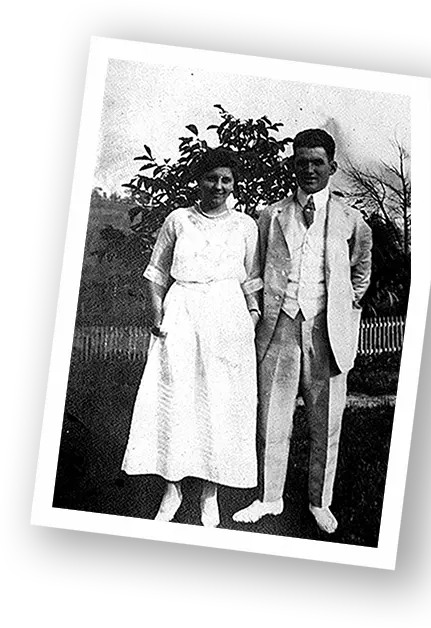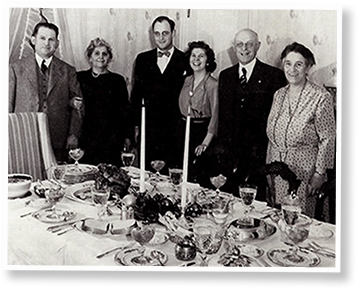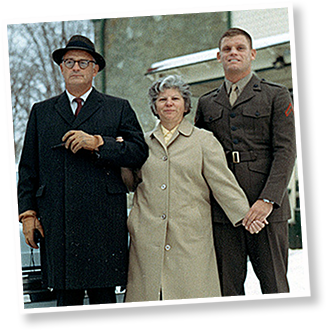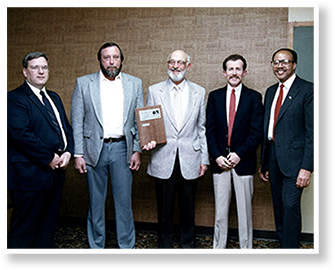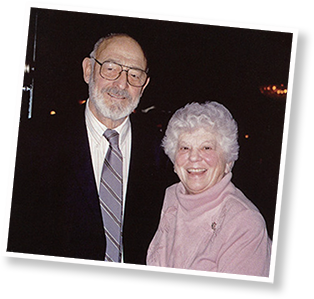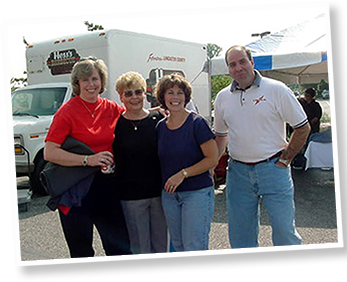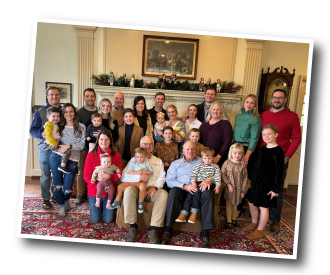…EXEMPLARY SERVICE
Our mission at A. Duie Pyle is to provide transportation and distribution services that exceed our
customers’ expectations while assuring our Pyle People a safe, healthy workplace and outstanding job security.
…ENDURING VALUES
EMPATHY
We strive to treat customers and fellow team members as we want to be treated.
CANDOR
We pursue open, honest, direct communication that builds trust.
CITIZENSHIP
We conduct our affairs in a union-free environment because we do not believe that the best interests of the Pyle stakeholders are served by the intervention of third parties such as labor unions.
SERVICE FIRST
We strive to exceed the expectations of customers and fellow team members in the performance of all job-related responsibilities.
INTEGRITY
We attempt to make the best long-term decisions even when it might be easier and more popular to make different short-term decisions.
PROFITABILITY
We recognize that profitable operations are what ensure the survival of our organization. Therefore, over the long-term, we make sure every customer contributes to profitability. In the short-term, we deliver SERVICE FIRST.
…AN ENTREPRENEURIAL FAMILY CULTURE
While remaining true to Alexander Duie Pyle’s founding commitment to service and integrity, each generation of the Pyle family and Pyle People have guided the company to new levels of innovation and capability throughout the Northeast while maintaining our unique culture.
…EXPERIENCED LEADERSHIP
The men and women comprising our leadership team have diverse backgrounds. They came to Pyle in various ways — a few because of family connections (“What are you doing Friday night? I need help at work.”), a few who started in trucking or in supply chain labor, a few who began their careers in totally different fields. But all of them credit Pyle’s core values and commitments to their employees and their customers as a primary reason for becoming one of the Pyle People. Get to know them.
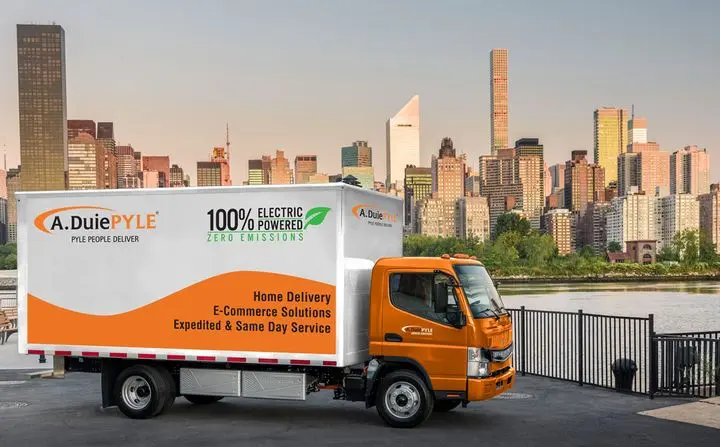
…Environmentally Sustainable
A. Duie Pyle’s business philosophy is built around sustainability. Planning with the future in mind, Pyle invests capital, time, ideas, and programs to broaden the scope of what is possible, creating space to experiment with new concepts, methods, and applications of emerging technologies. This philosophy is the compass by which our strategies are developed, resulting in a focus and commitment to our business, our customers, the communities we live and work in, our employees and their families, and the environment.
…ESTEEMED RECOGNITION
When you build your company on honesty, trust, and integrity you can expect people to notice. Throughout our history, our company as a whole and our individual personnel have been honored with awards and recognition. This list of awards includes the most recent honors.
Of special note, beginning in 1989, the company has been a continuous Logistics Management Magazine’s annual “Quest for Quality Award” winner for service excellence.
This annual award is the result of a scientific opinion poll conducted by the magazine’s independent
research firm. A. Duie Pyle upholds this annual distinctive honor through the present day.
